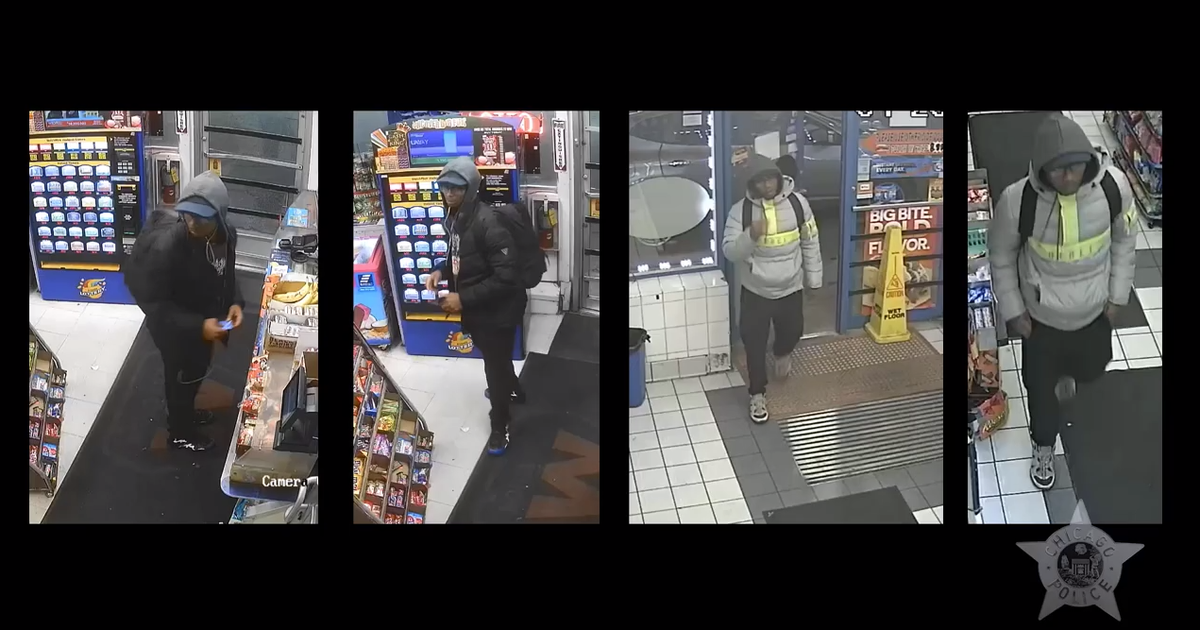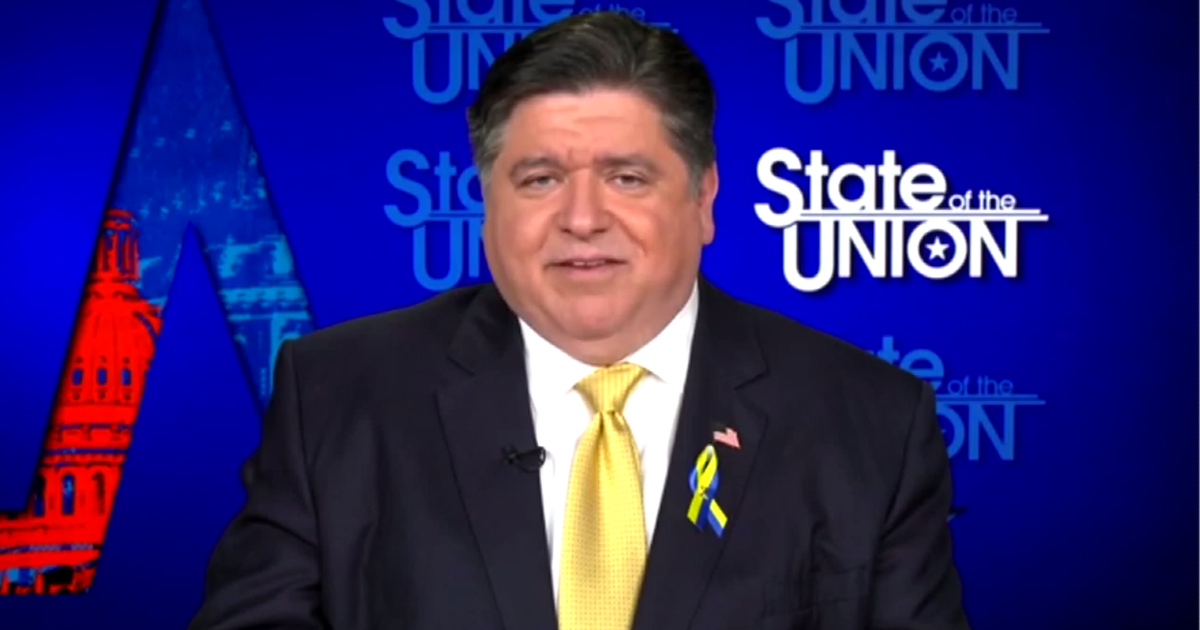Changing thought patterns and rewiring the brain to prevent gun violence
CHICAGO (CBS) -- What does brain science have to do with gun violence? A whole lot, if you ask one gun violence prevention group here in Chicago.
CBS 2 Investigator Megan Hickey got a look at how a program seeks to prevent gun violence by encouraging different ways of thinking and coping – and thus, rewiring the brain.
Jorge Matos got into trouble growing up in Humboldt Park when he was younger.
"It's all about machismo," Matos said. "If someone disrespects you, you have to respond with violence."
Matos says he was taught from a very young age to respond to challenges with violence – as a survival mechanism.
"Your brain has not fully developed. You're still going off the impulses that you've learned as a young man," he said. "I've lost a lot of friends, you know, during my time in the streets."
Matos ended up in prison by the age of 18. It was in the custody of the Illinois Department of Corrections that he received a special kind of psychological treatment that he credits with turning his life around - cognitive behavior intervention.
Essentially, it amounted to re-wiring his brain.
"When we teach brain science, we talk about top brain and bottom brain," explained Baltimore-based JT Timpson, Managing Director of Community Violence Initiatives at the Roca Impact Institute.
Timpson, Managing Director of Community Violence Initiatives at the Roca Impact Institute, explained that the "survival brain" is a combination of the brain stem and the limbic system – or the emotional part of the brain.
That is the part of the brain that tells someone to pull out a gun to solve a problem.
"What our research has shown is because of trauma, most of our young people are stuck in that survival brain," Timpson said.
So in order to tap into the problem-solving part of the brain – or the prefrontal lobes – the Roca Impact Institute teaches cognitive behavioral theory, which involves an emphasis on pausing between thinking and acting.
"If we can get them to implement that 8-second pause; 8- to 10-second pause, then they have a chance to do something different," Timpson said.
Ted Koppel and CBS Sunday Morning recently highlighted some of Roca's long-term brain training success in Baltimore.
In 2022, 98 percent of Roca participants had a history of arrests, but 72 percent had no new arrests after two years in the program. And 95 percent of the participants who completed the first two years were not locked up for new charges.
So, we wanted to know – could such a thing work here in Chicago? As it turns out, it already is.
Matos, the Humboldt Park native who turned his life around, is now the senior director of READI Chicago. READI stands for Rapid Employment and Development Initiative.
READI locates participants through arrest records, from referrals from street outreach workers, and by reaching out to people leaving prison or jail.
Their combines psychological treatment with employment opportunities – and a stipend for participating.
"What it does is it rewires the way we process information," said Jayeti Newbold, director of strategic initiatives for READI Chicago.
Newbold says the University of Chicago completed a study on their program – which got off the ground in 2017. According to the UChicago study's findings, it's working in Chicago too.
READI Evaluation from U of C 2023 by Adam Harrington on Scribd
"READI participants, on average, as a result of their enrollment in our program, were 64 percent less likely to be arrested for shootings and homicides – and 18 percent less likely to be victimized," Newbold said.
And if that weren't impressive enough, the study estimated the social cost savings as being between $174,000 and $858,000 per participant.
"That, in and of itself, should tell you why programs like READI Chicago need to be invested in," Newbold said.
Both Roca and READI agree that this type of brain training isn't the be-all end-all for solving gun violence. But Jennifer Clammer, executive vice president of Roca Impact Institute, explained it is an important tool that can travel pretty easily across the country.
"That is something that can give us some encouragement – that we know there are some things that work," Clammer said. "It's slow, it's hard, and the more we share and focus on them and learn from each other – and from the research – the better off will be."




